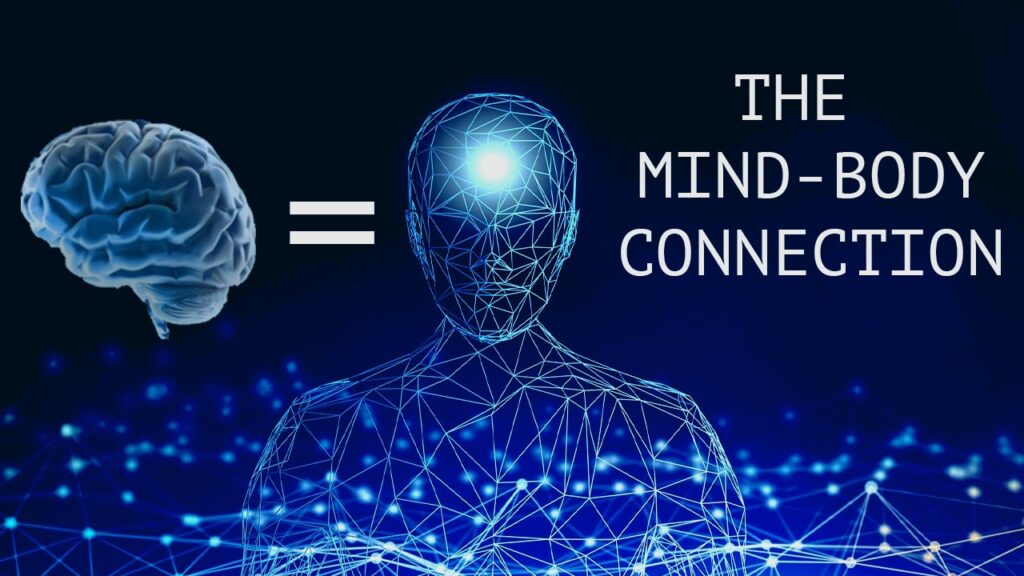Australian Open – From a Sports Psychology Perspective

The Australian Open recently concluded and this season created multiple records, and the
tournament unfolding in a way that no other season has. The extraordinary display of
determination, mental strength, and belief in oneself was something to witness. In the everevolving
world of sports, where each match carries the weight of uncertainty, the Australian Open
2024 saw two incredible stories. These stories beautifully captured the concepts of dedication,
unwavering belief, and the resilient spirit of persisting against all odds. The tournament showcased
a blend of skill and tenacity, emphasizing the timeless essence of never giving up in the face of
challenges.
Starting with Rohan Bopanna who at the age of 43 became the oldest world no 1 in the Open Era,
winning the AO men’s double along with Matthew Ebden! His determination and commitment to
the sport are truly commendable, this kind of discipline often separates the elite from the novice.
It took 61 attempts with 19 different partners for Bopanna to win his first doubles Grand Slam title
when he and Mathew Ebden beat Simone Bolelli and Andrea Vavassori 7-6 (7-0) 7-5 in the final.
Rohan started his career in 2008, and in what is a grueling sport both on and off the court, this
superstar has managed to stay fit throughout. Peaking at your sport at the ripe old age of 43
Bopanna has inspired generations to come. He has often spoken about his retirement plans earlier
and how his mental strength and the spirit of never giving up helped him continue. His love for
the game and his belief in himself is commendable, he truly proves that age is just a number and
that both physical and mental fitness is of utmost importance.
It is crucial to train your mind as much as you train the body because in challenging times your
mental strength is what helps you cross the line. The mind acts as the control center, determining
performance results, even if the body is unquestionably a force to be reckoned with in terms of
strength and talent. With committed mental training, one can develop essential skills like mental
toughness, resilience, and focus. In addition to improving a player’s ability to handle stress,
psychological training can help you cultivate a winning mindset. Elite athletes who understand the
interdependence of the mind and body can adopt a more holistic training program and develop
mental toughness, which acts as a trigger for optimal performance on the field.
Talking about Jannik Sinner, whose unwavering determination and confidence in his game helped
him make a comeback after being two sets down in the final against a formidable opponent. Daniel
Medvedev looked calm and in control of his game, he was poised for victory after winning the
initial sets. However Sinner brought his A game in the third set, the kind of belief he had at that
point turned the around. Being the first Italian man to win a Grand Slam since 1976, the young
Italian’s victory was historic. Sinner’s remarks after the match reflected the depth of his journey,
stating, “I am very proud. There are a lot of emotions right now. I have to sit down and process it,
but it’s an unbelievable feeling.”. His journey to the AO finals was not easy, defeating Djokovic, a
very strong opponent who was in complete form through all the rounds. Sinner’s success at 22
years and 165 days makes him the youngest player to win the Australian Open since Novak
Djokovic in 2008, proving that age is only a number when combined with determination.
What do these two incredible athletes’ stories teach us? Well, let’s start with the biggest
commonality in their win- their age! Age is just a number, and it cannot be a factor that stops you
from growing unless you let it. You cannot stop dreaming and working towards your goals just
because you are/ aren’t of a certain age. Both these men displayed a game of top-notch level,
etching their names in history. Being motivated inherently to win was another lesson Bopanna
gave us, “That’s a personal goal (winning the men’s doubles title at a Grand Slam). “It is no one
else’s goal,” he stated. Personal goals, which derive from our values and interests, are intrinsically
more sustainable. They serve as an ongoing source of motivation and strength, particularly during
difficult times. Unlike borrowed goals, which may wane in the face of adversity. Borrowed goals
are externally based; they are societal, familial, or peer expectations that we embrace as our own.
While they may provide brief satisfaction or praise, they frequently lack deep personal meaning.
Personal objectives are firmly established, making the pursuit more long-term and satisfying.
Rohan’s focus on what meant most to him or what he cared about the most freed him from feeling
obliged to keep social expectations.
Winners possess a mindset characterized by a positive attitude and resilience in the face of
challenges. They view setbacks as temporary, focusing on the opportunities for growth and
learning as seen in Rohan’s career spanning decades. Adaptability is a key trait, allowing them to
embrace change and find innovative solutions. Winners commit to continuous learning,
recognizing its role in staying competitive and adaptable. Rohan has constantly evolved his game
and lifestyle based on the needs of the moment. Taking responsibility for actions and decisions,
they acknowledge mistakes and proactively seek improvement.
Having habits like mental training, cultivating important psychological skills, visualizing, having
a gratitude journal, focusing on your breathing rate etc. are small yet powerful things that will help
you see a difference in your game. The AO is now over but the history made will forever remind
us of what perseverance can help you achieve! Athletes or not, our mental health is of crucial
importance and continually working on it, building a healthy coping mechanism is vital.
